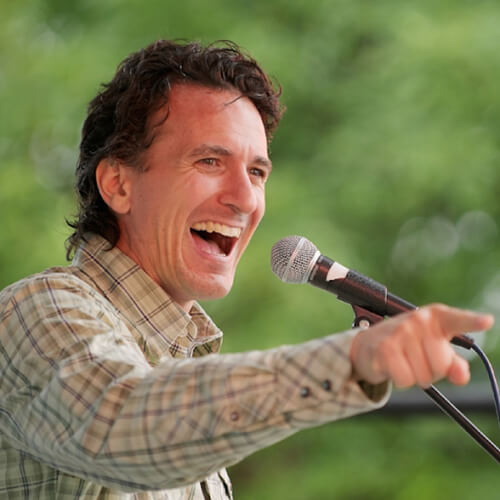Stories will be spun throughout Weber State University’s campus this week during the 29th annual Storytelling Festival. Held Feb. 24-26, the event will provide opportunities to hear from a diverse lineup of talented storytellers, young and old, both regionally and nationally recognized.
“Anyone, but especially those interested in creative writing and drama, could really gain a lot from attending the festival,” Weber State Storytelling Committee Chair Vincent Bates said.
The festival is a three-day event filled with various sessions and activities. The festival’s morning sessions, known as the “Early Bird Sessions,” feature the youth storytellers. Bates said that every school district in the area selects young storytellers to represent their community by holding their own festival.
These sessions let the young voices be heard through the power of narrative. Bates explained that the morning sessions are attended by students from local school districts, as well as homeschooled students. Weber State students can expect a large number of school buses in front of the Browning Center on those days.
“Even the sessions in the morning presented by the youth storytellers are engaging for all ages,” Bates said.
Following the youth sessions, the festival presents regional storytellers from across Utah. These tellers auditioned in September to be featured in the festival.
In the evenings, participants can expect national storytellers who are flown in for the event. They are experts, and it’s their profession to tell stories. They add depth and variety to the festival’s program.
A complete festival schedule can be found on the Storytelling Festival’s’ page on Weber State’s website.
One of this year’s highlights is the Storytelling Symposium titled “Connecting with the Land Through Story, Song, and Dance,” which will take place on Feb. 25 at 1:30 p.m. in the Shepherd Union Wildcat Theater. Bates mentioned that this session will be unique, featuring two Indigenous representatives who will perform and speak about storytelling.
Additionally, the festival includes a lineup of community outreach events aimed at elementary schools, featuring assemblies in schools and libraries.
A new addition to the festival this year is the “Golden Tales” sessions, designed to deliver storytelling to seniors in care homes. However, this year, the performances will be held at the five branches of the Weber County Library System.
All the sessions are free to attend except the festival dinner at Timbermine Steakhouse on Feb. 25, which requires registration.
The festival originally began through a collaboration between faculty, teacher education and community members. Bates said that the Weber State Storytelling Festival is one of the only ones to be characterized by its special partnership between the university and the community.
“Our core purpose is to promote the art of life storytelling,” Bates said. “Not storybooks, digital storytelling, but life storytelling, which is probably one of the most ancient art forms. We want to preserve that.”




















